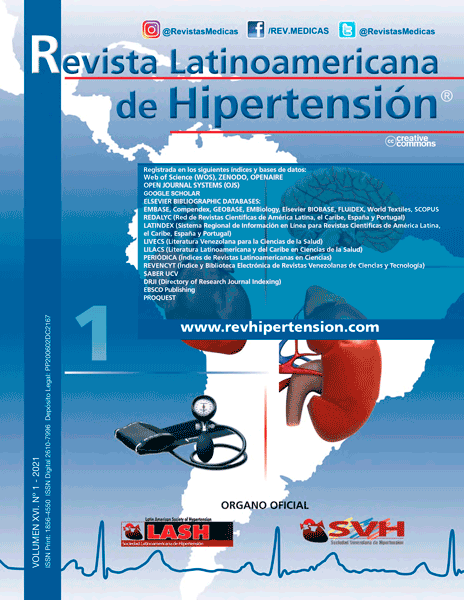Clinical and microbiological evaluation of the efficacy of autoprobiotics in the combination treatment of chronic generalized periodontitis
Palabras clave:
chronic periodontitis, periodontal pathogens, microbiota, probiotics, autoprobiotics, probiotic therapyResumen
Combination treatment of patients with inflammatory periodontal diseases may be ineffective due to the variability of periodontal pathogens and the polyetiology of the disease. This disadvantage can be overcome by using highly antagonistic, enzymatic, and immunostimulating drugs, in addition to the main treatment. The objective of this study is to evaluate the efficacy of autoprobiotics clinically and microbiologically in the combination treatment of chronic generalized periodontitis. The presented study involved a survey of 37 patients aged 29 to 64 years with mild chronic generalized periodontitis. The patients were divided into three groups. Group I consisted of patients whose combination treatment included an S. salivarius-based autoprobiotic (subgroup 1 - patients who had their periodontal pockets irrigated with an autoprobiotic, subgroup 2 - patients who used oral baths with autoprobiotic). Group II consisted of patients who used a common S. salivarius-based probiotic in combination treatment (subgroup 1 - patients who had their periodontal pockets irrigated with a probiotic, subgroup 2 - patients who used oral baths with a probiotic). The control group consisted of patients with mild chronic generalized periodontitis, whose combination treatment consisted of professional oral hygiene and correction of individual hygiene. Microbiological examination of the content of periodontal pockets was carried out using PCR screening for periodontal pathogens, such as P. gingivalis, T. denticola, T. forsythia, P. intermedia. Based on the clinical and microbiological results of the study, the efficacy of an autoprobiotic and probiotic based on S. salivarius in the combination treatment of mild chronic generalized periodontitis was demonstrated.

